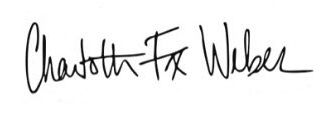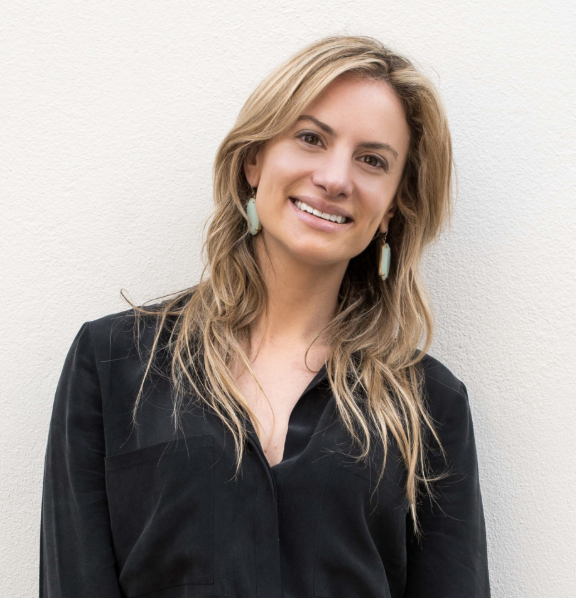Dear Charlotte,
I feel like everywhere I look, people claim to have imposter syndrome but they're lying. They don't feel fraudulent. They're actually showing off. I have become critical of my friends in this way and say nothing, and I don't think they realise, but I don't believe them.
I feel like I'm the only one who is honest, and it's annoying me. Do you have thoughts on this trend, or am I the problem?
Dear Imposter Detective,
You're calling out the imposter imposters! Indeed, as you suggest, it's increasingly socially acceptable to claim imposter syndrome. We are more open about secretly feeling unacceptable. Claims often occur once people have gotten to the other side of the difficult experience, and performatively; celebrities reveal their experiences of imposter syndrome, and it's a popular topic for empowerment trainings and leadership development.
You may be right that a lot of people fake the ways they feel fake. It's gotten to the point of it being an emotional injunction, as though there's an expectation that it's a universally ordinary phenomenon of not belonging. We are all supposed to show vulnerability about times we've doubted ourselves.
But the norms of emotional displays are contradictory, and the mixed messages of cultural and social dynamics shade our beliefs. We are double-dealers and perhaps your friends are humble bragging when they claim to doubt themselves. But you also fake it by going along with it and secretly not believing them. I wonder if you could be kinder to yourself in accepting that you, and all of us, have absorbed tricks and secrets. We are socialised to reveal and conceal ourselves to others. And we pretend. We even pretend to tell our secrets about feeling fake.
The term imposter syndrome is in itself tricky in what it pretends. It's not a medical prognosis. Nor is it recognised as an official psychiatric illness in the DSM or the ICD. Calling it a syndrome sounds misleading, and it's trivialised by overuse and unrigorous self-diagnosis. But imposter syndrome is a real and serious issue that can be maddening and anxiety-provoking.
I wonder if you have your own private sense of being an imposter: you pretend not to be the Imposter Detective. You've been brave in admitting your scepticism to me, and to yourself. Now what? For all of the public display of self-doubt, what goes on internally is a different story. Playing the role of the truth crusader, even if you say nothing, sounds agonising. You may be right but perhaps stop feeling responsible for catching all signs of insincerity. You're secretly carrying the gargantuan weight of a thankless job. Consider the ways honesty is hard for all of us, and you are good at spotting it in others. Spot it in yourself and see how it might set you free.
Yours,


